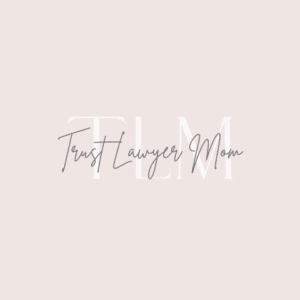Contrary to popular belief, not all of your assets (the stuff you own, like bank accounts and real property) will need to be probated at your death without a trust. You can actually avoid probate of your estate altogether if you don’t have what is called a “probate estate,” or you don’t have anything that is subject to probate at your death. It is true that a trust isn’t the only way to accomplish this.
There are essentially four types of assets that don’t go through probate: (1) those that pass by operation of law because there is a surviving co-owner with a right of survivorship (like a joint tenant), (2) those that have a designated beneficiary (like a bank account with a TOD beneficiary), (3) those that are held by a trust, and (4) all other assets in a given estate IF the total market value is less than $166,250.
However, while it is theoretically possible to avoid having a probate estate by having a joint tenant or beneficiary on everything you own, there are pitfalls to this strategy that you should be aware of before you run off and add people to your accounts!
Here are a few problems with relying on joint tenancy and beneficiary designations as a way to avoid probate:
- First, it requires the joint tenant or designated beneficiary to survive you. If there is a simultaneous death and suddenly there is no surviving joint tenant or beneficiary, or if your designated beneficiary dies and you don’t have a contingent beneficiary or forget to replace their name with someone else, those assets are now subject to probate.
- Second, you may not have enough liquid capital left in your estate to pay debts and expenses relating to your death. This will likely cause an unintended burden on some individuals after your death more than others.
- Third, adding a joint tenant onto real property or a bank account may have unintended tax consequences and makes your property subject to that other person’s creditors.
Like most estate planning attorneys, I recommend utilizing a trust as the best way to plan for your estate when you die. Doing so will avoid these issues and ensure that a flexible plan stays in place for all sorts of contingencies.
